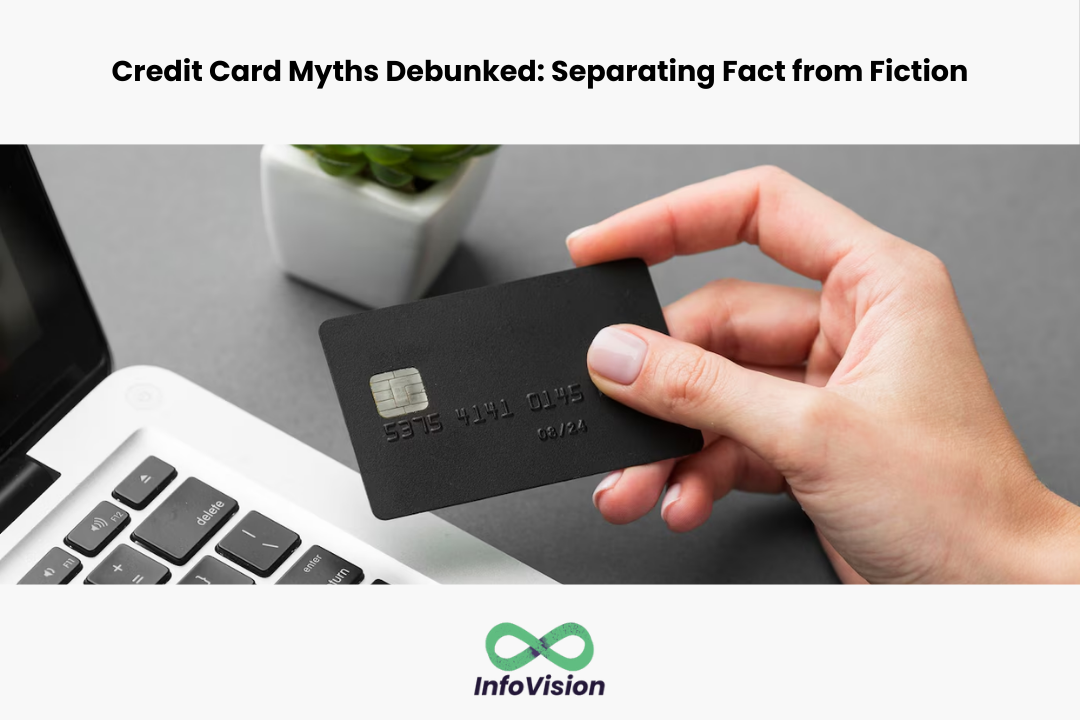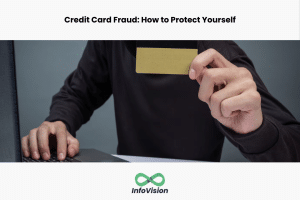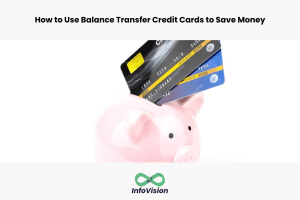Dispelling Common Myths About Credit Cards
Credit cards are often surrounded by a series of myths. They can be valuable financial instruments if used correctly, but many myths can lead consumers to make mistakes or avoid these valuable resources.
If you’ve ever avoided a credit card because of something you heard or read, it’s important to separate fact from fiction to make more informed decisions. Below, we debunk some of the top myths about credit cards.
Prepare to discover the truth behind these popular beliefs and gain a clearer insight into using credit cards.
Myth 1: Having many credit cards hurts your credit
Many people believe that owning multiple cards can negatively affect your credit history. However, this isn’t always true. What really matters is how you use them.
If you maintain low balances and pay your bills on time, having multiple cards can help improve your credit score by increasing your available credit and reducing your credit utilization ratio.
On the other hand, opening many credit cards in a short period can result in numerous credit inquiries, which can have a negative effect.
Myth 2: Closing a credit card improves your credit history
While it may seem logical that closing an unused credit card is beneficial, this action can actually hurt your credit score.
This happens because closing a card reduces your available credit, increasing your credit utilization ratio, which can negatively affect your score.
Additionally, closing an old credit card can decrease the average age of your credit accounts, another factor that can impact your score.
Myth 3: Cash is better than credit cards
There’s a common perception that using cash instead of cards avoids debt. However, credit cards, when used responsibly, offer numerous advantages.
For example, credit cards often offer rewards like cashback, points, or travel miles that cash doesn’t provide.
Furthermore, regular use and correct payment of cards can strengthen your credit history, benefiting potential future financing.
Myth 4: Carrying a balance on your credit card improves your credit
A common myth is that maintaining a balance on your credit card will help increase your score. In reality, paying the balance in full each month is what truly contributes to a good credit history.
Keeping balances can result in high-interest charges, increasing your debt and negatively affecting your financial situation and credit score.
Paying in full or keeping a low balance demonstrates that you are a responsible consumer capable of managing your credit efficiently.
Myth 5: Credit cards have many hidden fees
There’s a belief that all credit cards are full of hidden or unexpected fees. In reality, many of these fees can be avoided with conscious and informed use.
Examine the terms and conditions of your card. Often, annual fees are clear, and other fees are only applied in specific cases, such as cash advances or late payments.
Using your card prudently, paying bills on time, and avoiding specific transactions can help you minimize or avoid many of these fees.
What is a credit card?
A credit card is a financial tool that allows the user to make purchases and pay for services with a pre-approved credit from the issuing bank or financial institution.
Transactions made with a credit card must be paid within a specified period, usually at the end of a billing cycle, with the option of full or partial payment.
Failure to pay the full outstanding balance results in interest on the remaining amount, in addition to possible additional fees.
How to choose the right credit card?
Choosing the right credit card depends on various factors, including your spending profile, financial needs, and the benefits you value.
Analyze interest rates, annual fees, and rewards offered. See if the card offers cashback, loyalty points, or miles programs that make sense for your lifestyle.
Understanding and comparing these features helps make a more informed and beneficial decision for your financial situation.
Tips for using credit cards responsibly
Using a credit card responsibly requires discipline and careful planning.
Make sure to spend only what you can fully pay off at the end of the billing cycle to avoid high-interest charges and debts.
Stay informed about your credit limit and maintain strict control over your transactions to avoid surprises.





